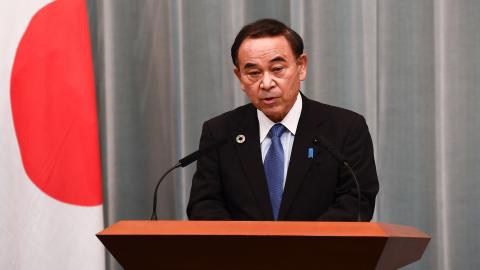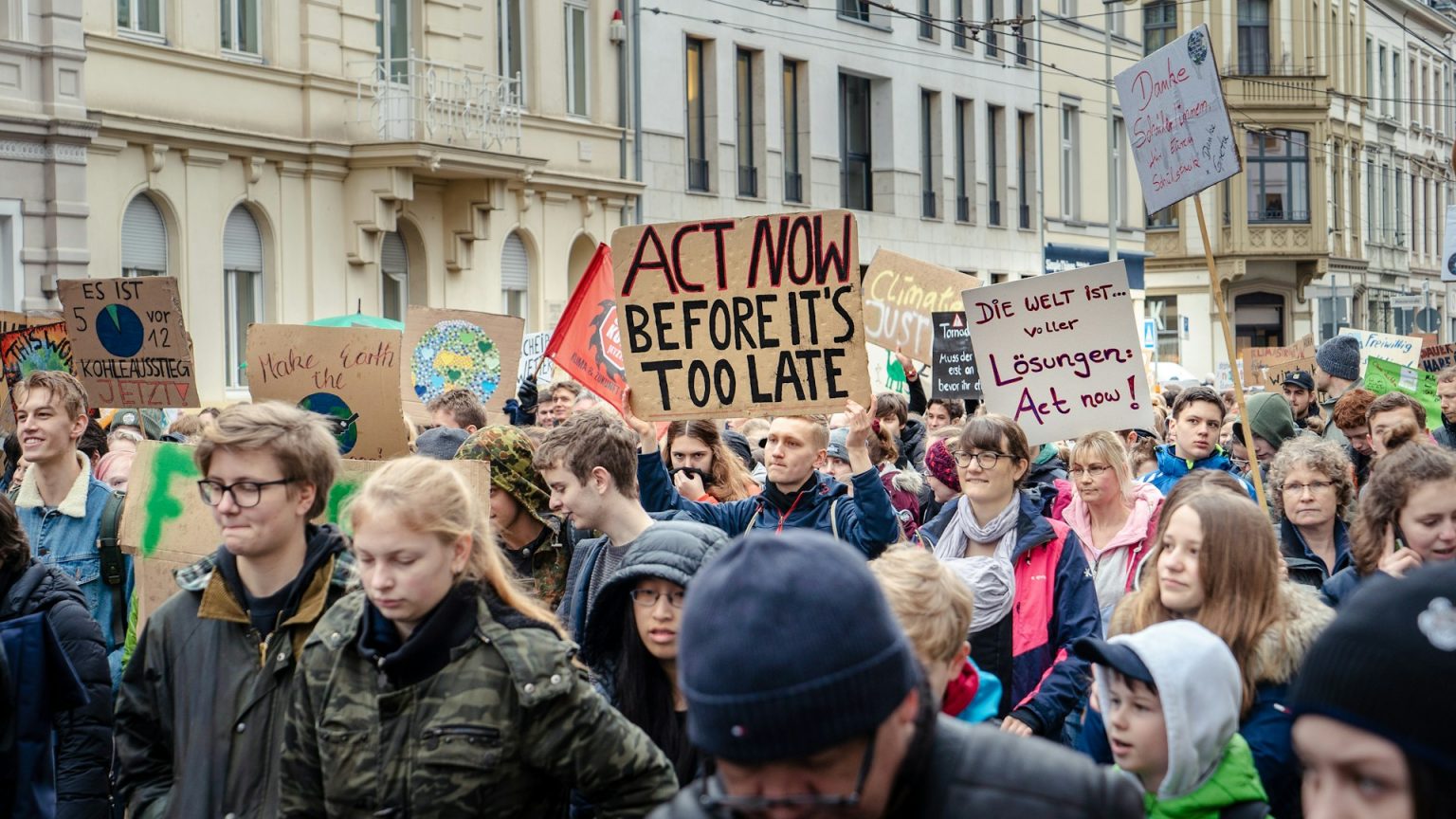Japanese government appoints new “Minister of Loneliness”

Photo by CHARLY TRIBALLEAU/AFP via Getty Images
- The Japanese government has appointed a Minister of Loneliness to implement policies designed to fight isolation and lower suicide rates.
- They are the second country, after the U.K., to dedicate a cabinet member to the task.
- While Japan is famous for how its loneliness epidemic manifests, it isn’t alone in having one.
At the time of writing, the COVID-19 pandemic is just a few weeks shy of being one year old. Many people have been practicing social distancing, quarantine, and isolation procedures for most of that time. While these practices have had a real effect on case numbers, they have also had more than a few adverse side effects. In Japan, the government is blaming a recent increase in suicide rates on the difficulties caused by isolation.
Japan, which has done an excellent job of keeping COVID death rates low, saw an increase in the number of suicides among women and students during the last year. Despite the continued fall in the suicide rate for men, Japan still has the highest suicide rate among any G7 nation.
In hopes of attacking the problem at its perceived source, the Japanese government has taken the bold step of appointing a cabinet member dedicated to the loneliness crisis.
Tetsushi Sakamoto, already in the government as the minister in charge of raising Japan’s low birthrate and revitalizing regional economies, was appointed this month to the additional role. He has already announced plans for an emergency national forum to discuss the issue and share the testimony of lonely individuals.
Given the complexity of the problem, the minister will primarily oversee the coordination of efforts between different ministries that hope to address the issue alongside a task force. He steps into his role not a moment too soon. The loneliness epidemic in Japan is uniquely well known around the world.
Hikikomori, often translated as “acute social withdrawal,” is the phenomenon of people completely withdrawing from society for months or years at a time and living as modern-day hermits. While cases exist in many countries, the problem is better known and more prevalent in Japan. Estimates vary, but some suggest that one million Japanese live like this and that 1.5 million more are at risk of developing the condition. Individuals practicing this hermitage often express contentment with their isolation at first before encountering severe symptoms of loneliness and distress.
Kodokushi, the phenomenon of the elderly dying alone and remaining undiscovered for some time due to their isolation, is also a widespread issue in Japan that has attracted national attention for decades.
These are just the most shocking elements of the loneliness crisis. As we’ve discussed before, loneliness can cause health issues akin to smoking. A lack of interaction within a community can cause social problems. It is even associated with changes in the brain. While there is nothing wrong with wanting a little time to yourself, the inability to get the socialization that many people need is a real problem with real consequences.
A global loneliness pandemic existed before COVID-19, and the two working in tandem has been catastrophic.
Japanese society has always placed a value on solitude, often associating it with self-reliance, which makes dealing with the problem of excessive solitude more difficult. Before the pandemic, 16.1 percent of Japanese seniors reported having nobody to turn to in a time of need, the highest rate of any nation considered. Seventeen percent of Japanese men surveyed in 2005 said that they “rarely or never spend time with friends, colleagues, or others in social groups.” This was three times the average rate of other countries.
American individualism also creates a fertile environment for isolation to grow. About a month before the pandemic started, nearly 3 in 5 Americans reported being lonely in a report issued by Cigna. This is a slight increase over previous studies, which had been pointing in the same direction for years.
In the United Kingdom, the problem prompted the creation of the Jo Cox Commission on Loneliness. The commission’s final report paints a stark picture of the U.K.’s situation in 2017, with millions of people from all parts of British society reporting feeling regular loneliness at a tremendous cost to personal health, society, and the economy.
The report called for a lead minister to address the problem at the national level, incorporating government action with the insights provided by volunteer organizations, businesses, the NHS, and other organizations on the crisis’s front lines. Her Majesty’s Government acted on the report and appointed the first Minister for Loneliness in 2018, Tracey Crouch, and dedicated millions of pounds to battling the problem.
The distancing procedures necessitated by the COVID-19 epidemic saved many lives but exacerbated an existing problem of loneliness in many parts of the world. While the issue had received attention before, Japan’s steps to address the situation suggest that people are now willing to treat it with the seriousness it deserves.
—
If you or a loved one are having suicidal thoughts, help is available. The suicide prevention hotline can be reached at 1-800-273-8255.





